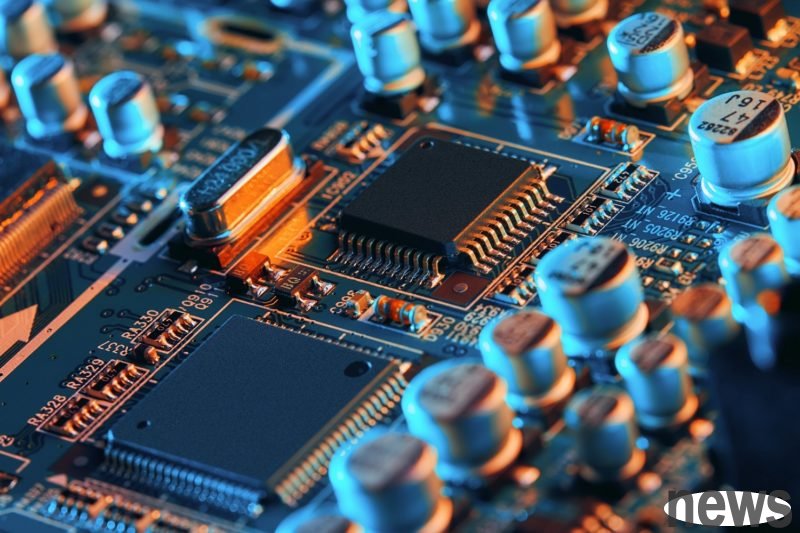
Electric vehicle manufacturer Tesla (Tesla) has proved that Samsung will produce Tesla's new generation fully automatic drive-drive (FSD) chip "AI6". TrendForce, a city-controlled institution, said that this means that Samsung's efforts to improve the stability of 2 nanometers have initial results, but they are still uncertain.
Taiwan and Samsung have competed in the field of crystalline foundry for many years. Samsung once lowered the order for Apple's smart phone chips and once also manufactured Apple chips at the same time as Telwan.
At that time, the same Apple phone used two different processors, Telco and Samsung. Because Telco produced chips save power more than Samsung's chips, and the explosion of chip performance inconsistently showed the "chip door" incident, consumers are concerned about whether the new iPhone is Telco or Samsung's chip. In recent years, Taiwan Power Corporation has been producing Apple chips exclusively due to its leading technology in process.
Taiwan Electric founder Zhang Zhongsheng once described Telwan Electric's rival Samsung as "800-pound gorilla", showing his emphasis on Samsung competition. Taiwan Electric's advanced production process has been smoothly progressing, with the 2nm process leading to volume production in the second half of the year, and the market share has risen, and the gap with Samsung has continued to widen. According to TrendForce Technology's survey, Taiwan's market share reached 67.6% in the first quarter, and Samsung's market share was about 7.7%.
Samsung recently announced that it has signed a 22.8 trillion Korean Won (about US$16.5 billion) chip foundry contract with a global company. Mask later issued a statement saying that Samsung will produce Tesla's new generation of AI6 chips in Texas factory. Samsung currently produces AI4 chips. Mask pointed out that the "AI5" chip that was just designed will be produced by Taiwan Electric, initially produced in Taiwan, and later will be manufactured in Arizona, the United States.
TrendForce Technology's semiconductor industry analyst Joan said that Samsung has been negotiating the cooperation proposal with Tesla for a long time and has recently been formally discussed, showing the initial results of Samsung's efforts to improve the stability of the 2nm process. Samsung's 2-nanometer process will be produced in the first half of 2026. Although Tesla's cooperation case has been signed, it will take at least one or two years from design and design decisions to mass production, and the short-term payment for Samsung's operations should be limited.
Joan said that the cooperation case between Samsung and Tesla is expected to be expected to achieve results as early as 2028, and the uncertainty is still high. We must continue to observe the initial production status of Samsung's 2-nanometer process. Tesla will mainly use Taiwan power OEM in the past few years.
Extended reading: Tesla signed a $1.65 billion agreement to purchase AI6 chips from Samsung